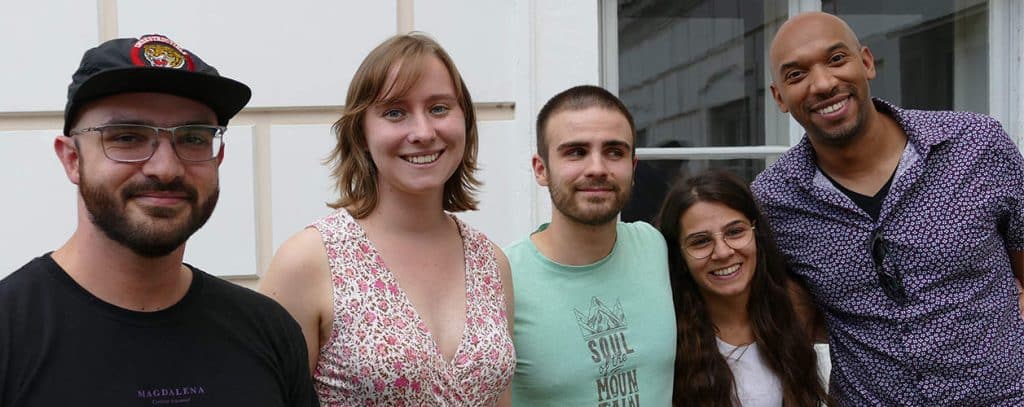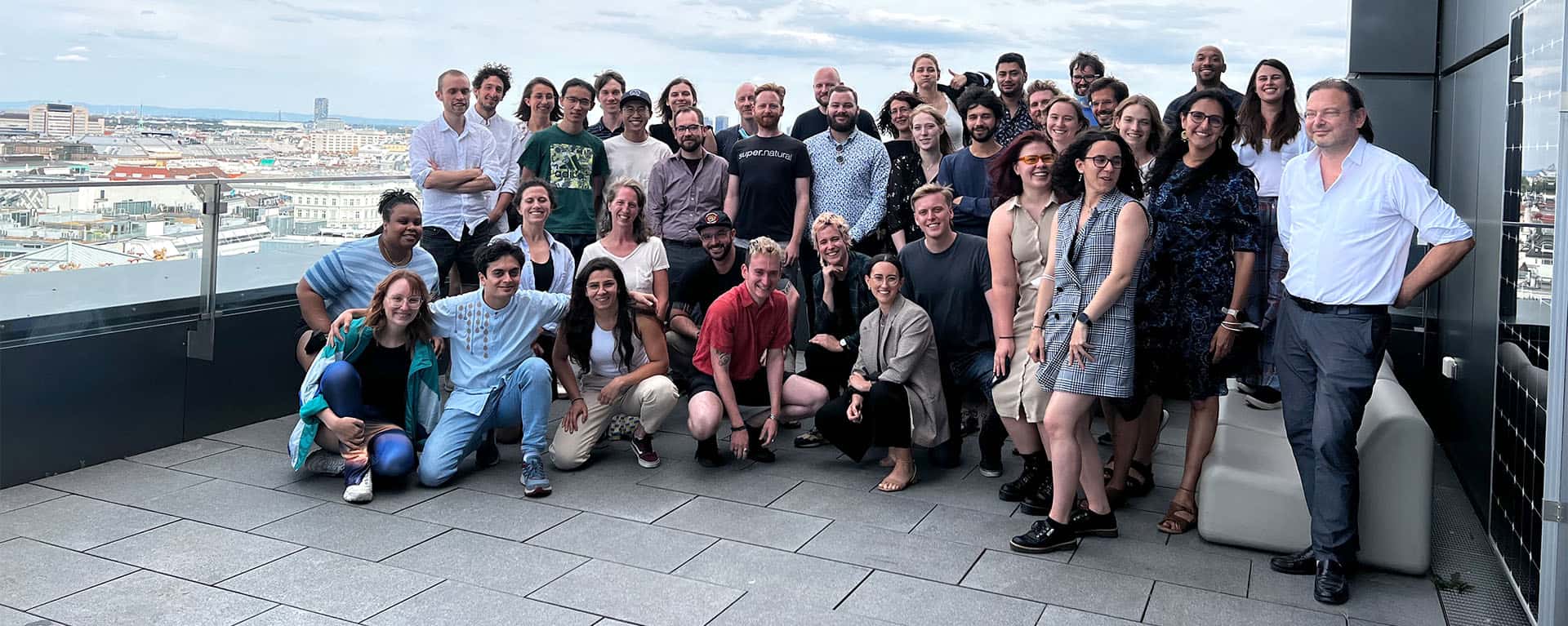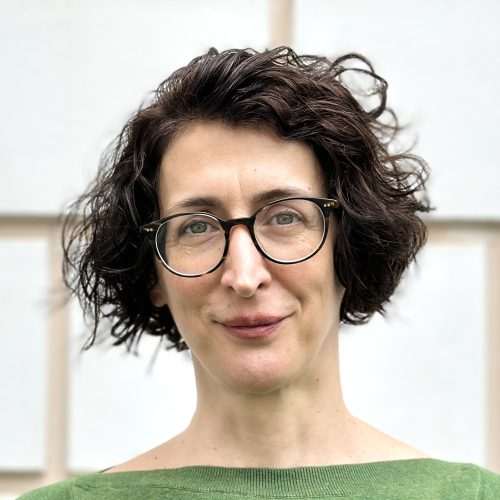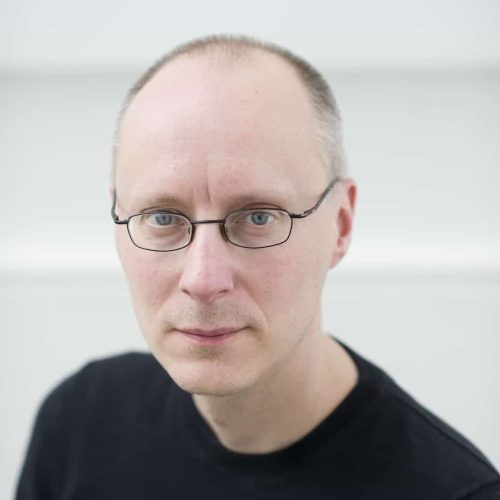GREAT EXPERIENCES AT THE COMPLEXITY-GAINS SUMMER SCHOOL
During their two-week stay in Vienna, PhD students from the US and EU learned how to integrate theory and methods from a variety of disciplines, including psychology, political science, physics and mathematics
“It has been fun to connect with people from different fields,” said Elise Koskelo, one of the 38 PhD students who attended the Complexity-GAINs International Summer School, which concluded last Friday in Vienna.
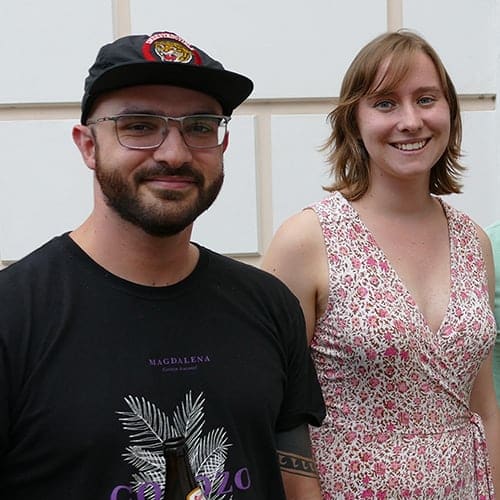
“Physics can often seem like everyone sets a silo, and only other physicists understand what you’re saying or can relate to what you’re doing. But here I think everybody has found a connection in terms of quantitative understanding of social issues. And that has been really exciting,” added Elise, who’s a PhD student in condensed matter physics at Harvard University.
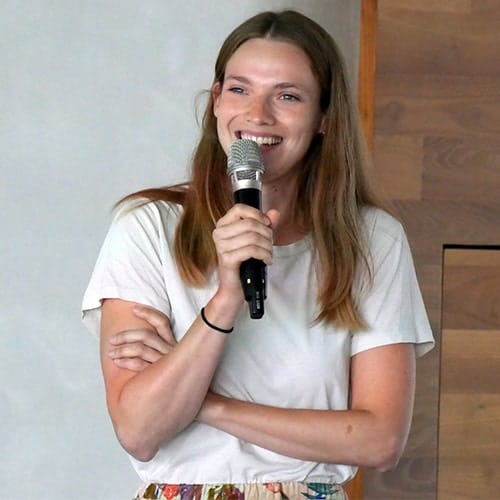
Other students, who come from different backgrounds, also shared the same enthusiasm. “The summer school offers the perfect combination of knowledge. What I really like here is that everything is applicable to my research area,” said Loes Crielaard, who has been studying socioeconomic inequalities in health at the Amsterdam University Medical Centers.
“Meeting such amazing people was a great experience, and I hope to continue collaborating with them in the future,” said Alejandro Pérez Velilla, an anthropologist doing his PhD studies in cognitive science at the University of California Merced.
That’s exactly one of the goals of the summer school: to enrich and promote the diversity of the complex systems research community. “It’s crucial to learn how to talk across disciplines,” stated Mirta Galesic, one of the directors of the summer school who’s a professor at the Santa Fe Institute and external faculty at CSH.
GREAT EXPERIENCES AT THE COMPLEXITY-GAINS SUMMER SCHOOL
“As a social scientist, I want to solve problems and I want to be able to say when the next world war is going to be, or how we can inform people about pandemics. Or at least come closer to that. The only way to do it is to step out of the disciplines and become more quantitative. And this is the new generation that we’re training,” concluded Mirta.
“The most important aspect is the interaction with fellow students, and learning how to do transdisciplinary research, in the sense that every research question can only be solved by different disciplines collaborating on a deeper level,” explained Henrik Olsson, external faculty at the Santa Fe Institute and director of the summer school.
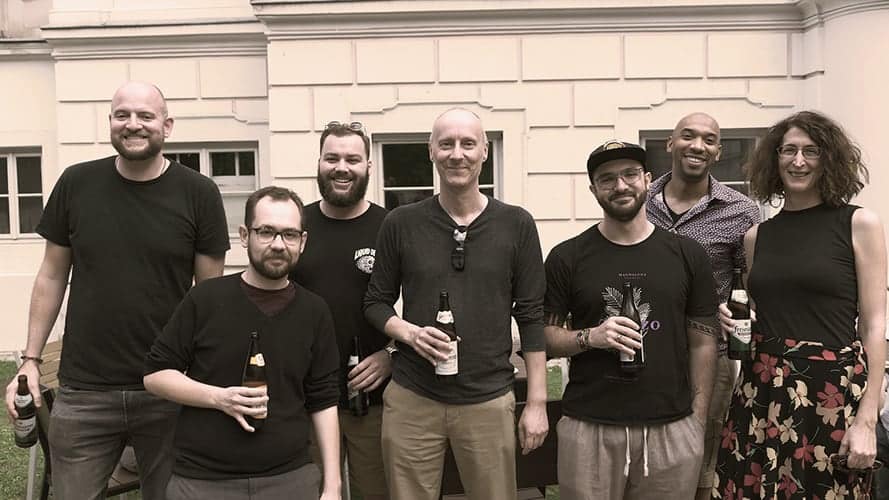
GREAT EXPERIENCES AT THE COMPLEXITY-GAINS SUMMER SCHOOL
The program is a partnership between the Santa Fe Institute with four leading complex systems research institutions in the EU: the Complexity Science Hub Vienna (Austria), Max Planck Institute for Mathematics in the Sciences and Hamburg University of Technology (Germany), Quantitative Life Sciences, International Center for Theoretical Physics (Italy), and Institute for Advanced Studies, University of Amsterdam (Netherlands).
This year, the program was dedicated to socio-behavioral systems. The students listened to lectures from leading researchers on the dynamics of beliefs and emotions, the role of social network structures, the influence of algorithms and institutions, and their joint influence on collective outcomes and societal robustness.
In addition, they worked on hands-on group research projects to solve real-world problems. The research projects had a diverse range of topics, from early warning signals of collapse of societies, to Roe versus Wade decisions in the US, and how monkeypox spreads between people.
BIGGER PICTURE
“When talking to psychologists and philosophers that are in my group [in the summer school] , I feel we are asking bigger questions about how to improve society, or what’s wrong with it right now,” explained Elise, whose group project was focused on opinion dynamics in homophilic networks.
For Elise, the summer school offered her a chance to develop a network with other researchers who are interested in complex systems. For the senior scientists, this was also an opportunity for establishing new collaborations, according to Mirta.
MORE COMPLEXITY SCIENCE
The program will run over three years. 2023 and 2024 will focus on intelligent systems, and ecosystems, respectively.
The Complexity-GAINs program is made possible through the support of the National Science Foundation (US) under Grant No. 2106013 (PI David Krakauer; Santa Fe Institute), “IRES Track II: Complexity advanced studies institute – Germany, Austria, Italy, Netherlands (Complexity-GAINs)”. Any opinions, findings, and conclusions or recommendations expressed in this material are those of the investigator(s) and do not necessarily reflect the views of the National Science Foundation.
